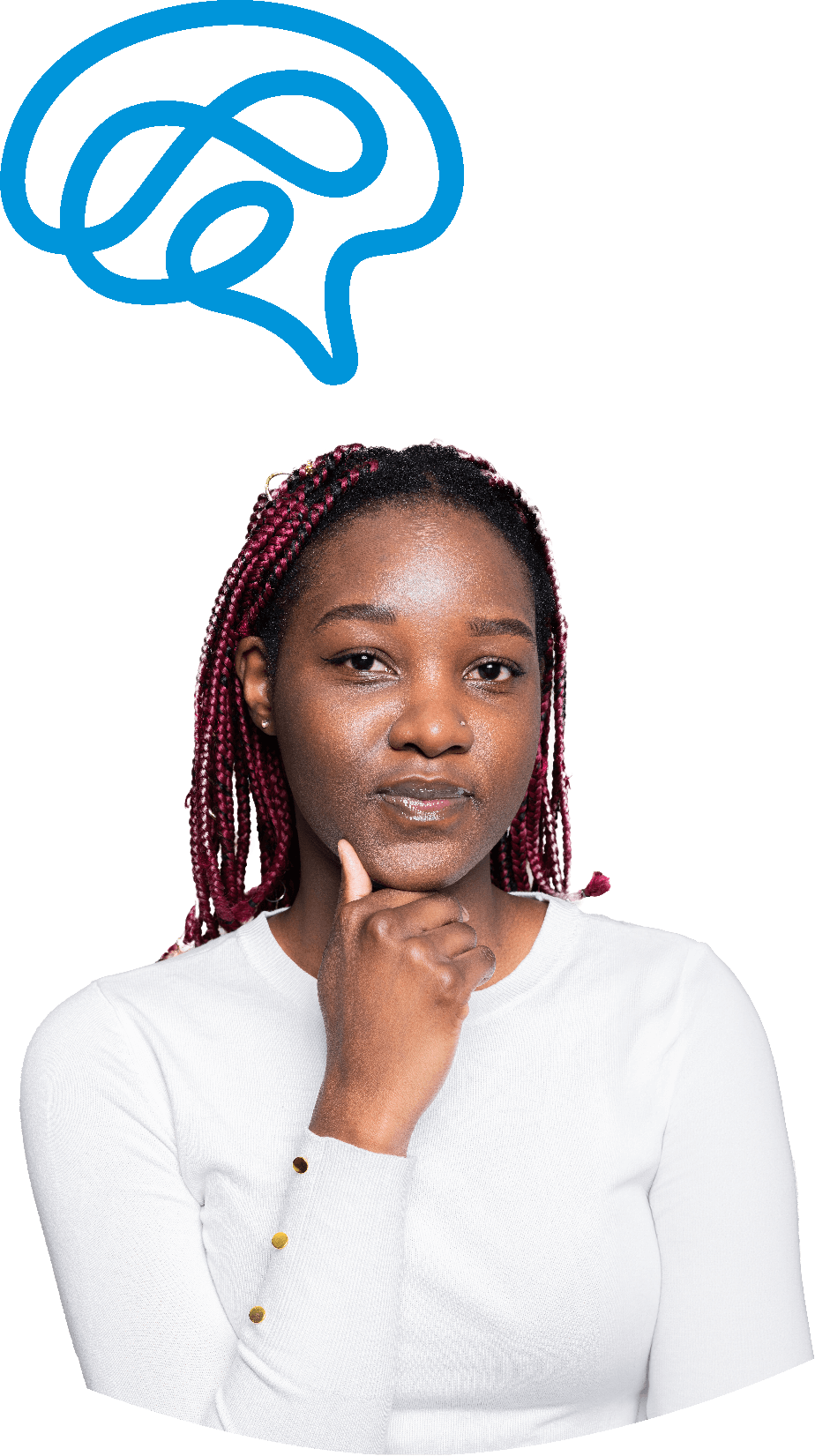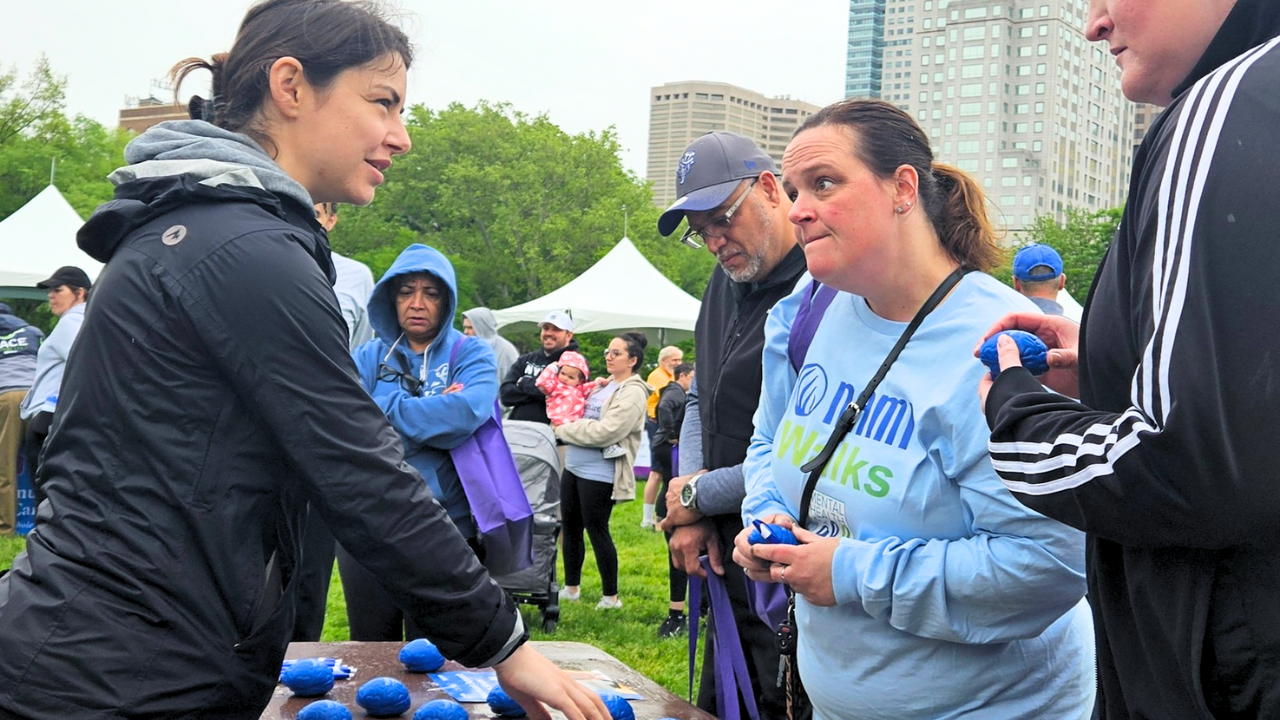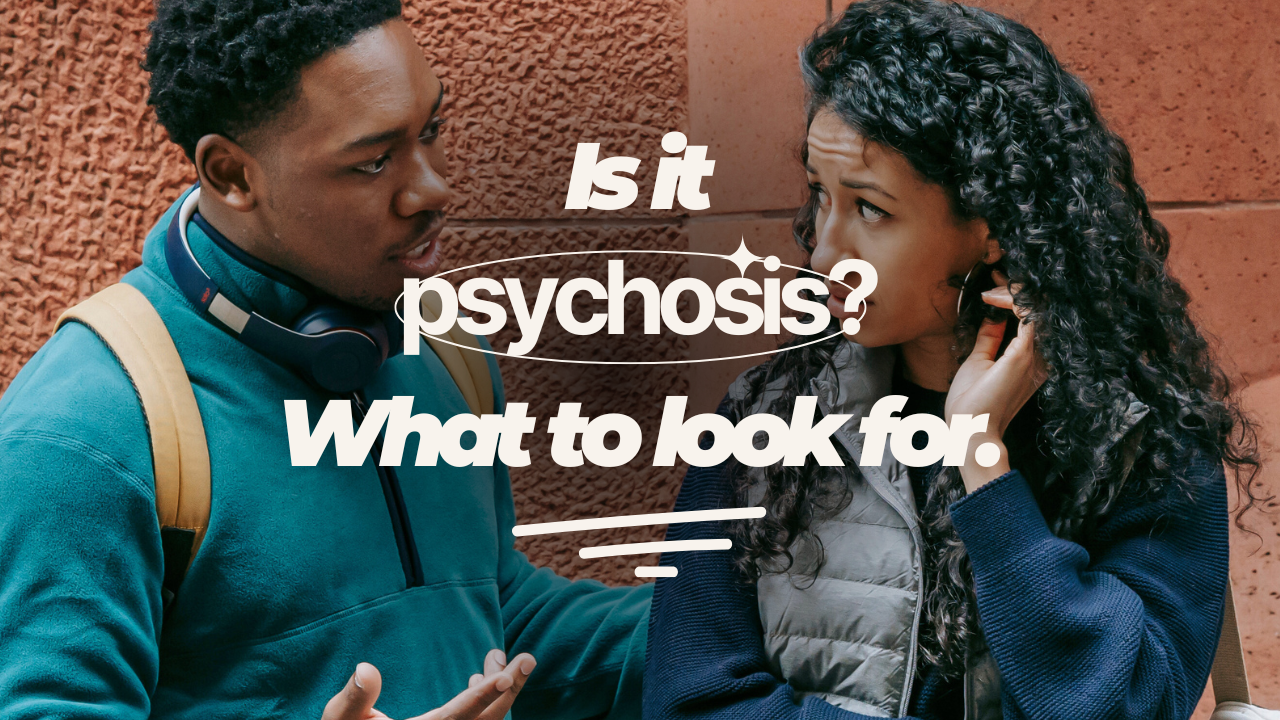Getting young people experiencing psychosis into treatment sooner
Call today for a psychosis screening
and rapid referral to care.
The Mindmap Campaign
The Mindmap campaign aims to increase awareness of psychosis and shorten delays to care for individuals early in the course of a psychotic illness. The campaign has shown previous success within the Greater New Haven area, decreasing the Duration of Untreated Psychosis (DUP) by half. We are eager to bring the campaign statewide and help more individuals get the care they need.

What does psychosis look like?
Experiences of psychosis develop due to interactions between one’s genes and environment. Psychosis can present differently for each individual, however at the core, it involves difficulty distinguishing reality from internal experience (what’s real from what’s not real). You’ll likely start noticing symptoms for the first time between ages 16 and 35.
Since 3 out of every 100 people will experience psychosis in their lifetimes, it benefits everyone who works with or lives with a young person to be aware of the signs and symptoms. If you or someone you know is experiencing any of the following, they may benefit from seeking treatment as soon as possible.
Treatment Works
Psychosis is treatable, and it is widely accepted that the earlier people get help the better the outcome. With treatment, recovery from psychosis is the expectation, not the exception.
Mindmap aims to streamline the pathway to care by offering education on psychosis and a referral line that screens for psychosis and refers individuals to care immediately. By educating communities and removing obstacles, we can help young individuals experiencing psychosis get into treatment sooner.
Call us today:
Who’s Involved?

Family & Community
Family & community who regularly interact with young individuals play a key role in being able to identify psychosis and get individuals into care sooner.

Mindmap Team
Meet our team of professionals working the referral line, offering training & workshops, and working hard behind the scenes to make Mindmap possible.

Providers
Discover our network of trusted mental health providers accepting individuals into care and providing essential treatment services.


